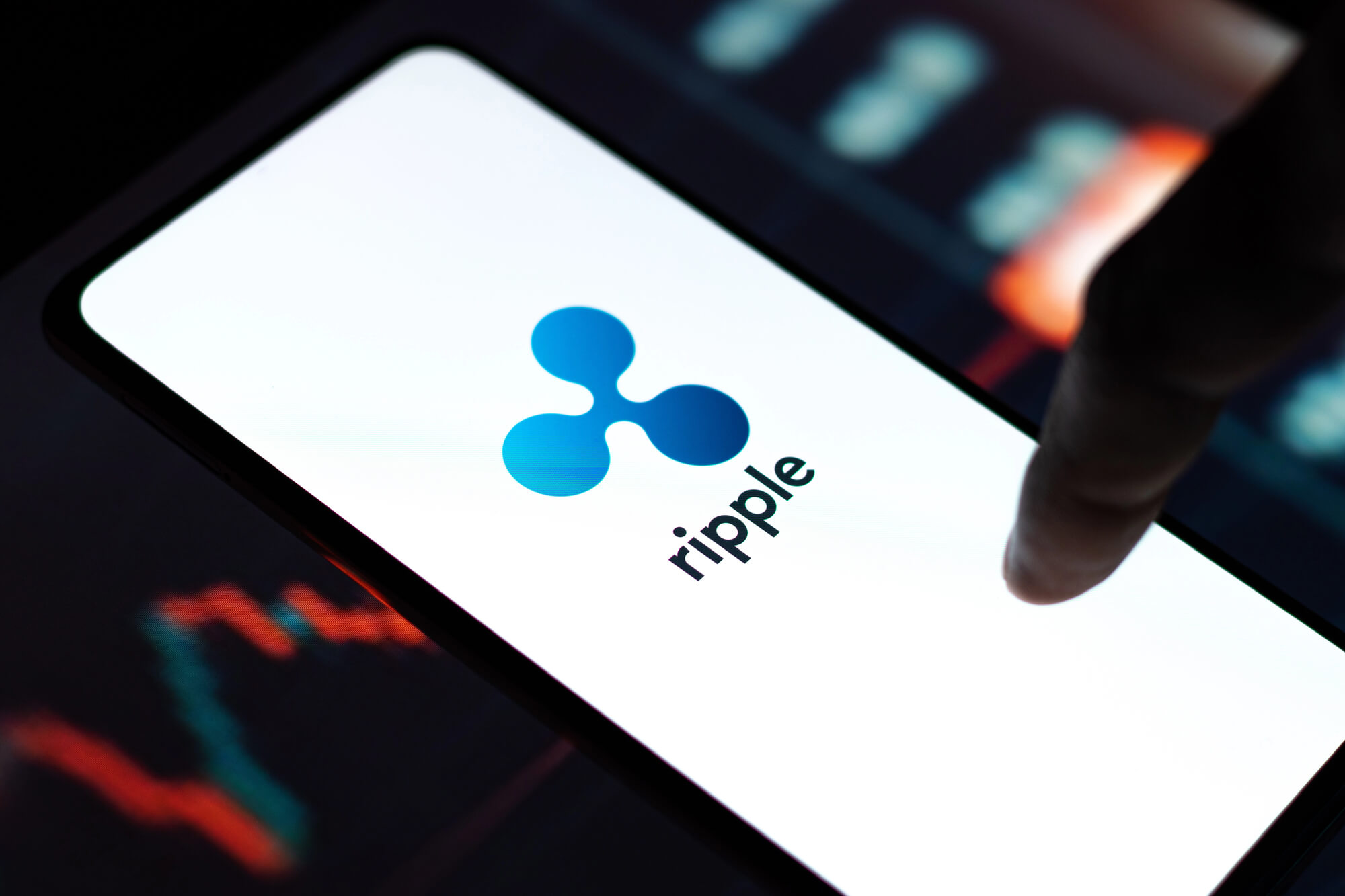Ripple Makes Power Move: Snaps Up Stablecoin Platform Rail for $200M in Strategic Play

Ripple just dropped $200 million to own the stablecoin game—acquiring Rail in a deal that screams 'catching up with the big boys.'
Why it matters: While Ethereum and Solana dominate DeFi, Ripple's betting heavy on stablecoins to stay relevant. Rail's tech could be the missing piece—or just another expensive gamble in XRP's 'please-love-us' tour.
The finance jab: Because nothing says 'trust our centralized crypto' like buying a stablecoin platform while regulators circle like sharks. Classy timing.
Strategic expansion of the stablecoin business
The planned acquisition of Rail by Ripple comes just a few months after the launch of RLUSD, Ripple's own US dollar-pegged stablecoin. Rail brings an already functional network for stablecoin payments and gives Ripple direct access to a growing market of institutional clients in North America. According to Reuters, Rail enables corporate clients to make stablecoin payments without holding cryptocurrencies themselves - a feature that combines regulatory compliance and user-friendliness.
Ripple CEO Brad Garlinghouse called the acquisition a “crucial step in advancing digital payments.” Rail will be fully integrated into the existing RippleNet system. At the same time, RLUSD is set to be increasingly used as a settlement currency within Rail’s infrastructure - including programmable payments, smart contracts, and automated treasury solutions.
Regulation, trust, and market position
The acquisition is driven not only by technology but also by regulatory significance. Rail already holds a payment service provider license in Canada - a market that is increasingly seen as a testing ground for digital payment solutions due to its clear crypto regulations. This positions Ripple strategically as a provider of fully regulated and globally deployable stablecoin solutions.
The integration of Rail into Ripple’s existing product landscape also creates synergies with other services such as On-Demand Liquidity (ODL) and Hidden Road, the prime broker acquired in April. While ODL continues to use XRP as a bridge currency, Rail can provide a stable infrastructure for enterprises that prefer stablecoins. In this way, Ripple is building a modular payment network that can flexibly adapt to the needs of institutional clients - offering a choice between volatile crypto assets and regulated stablecoins.

